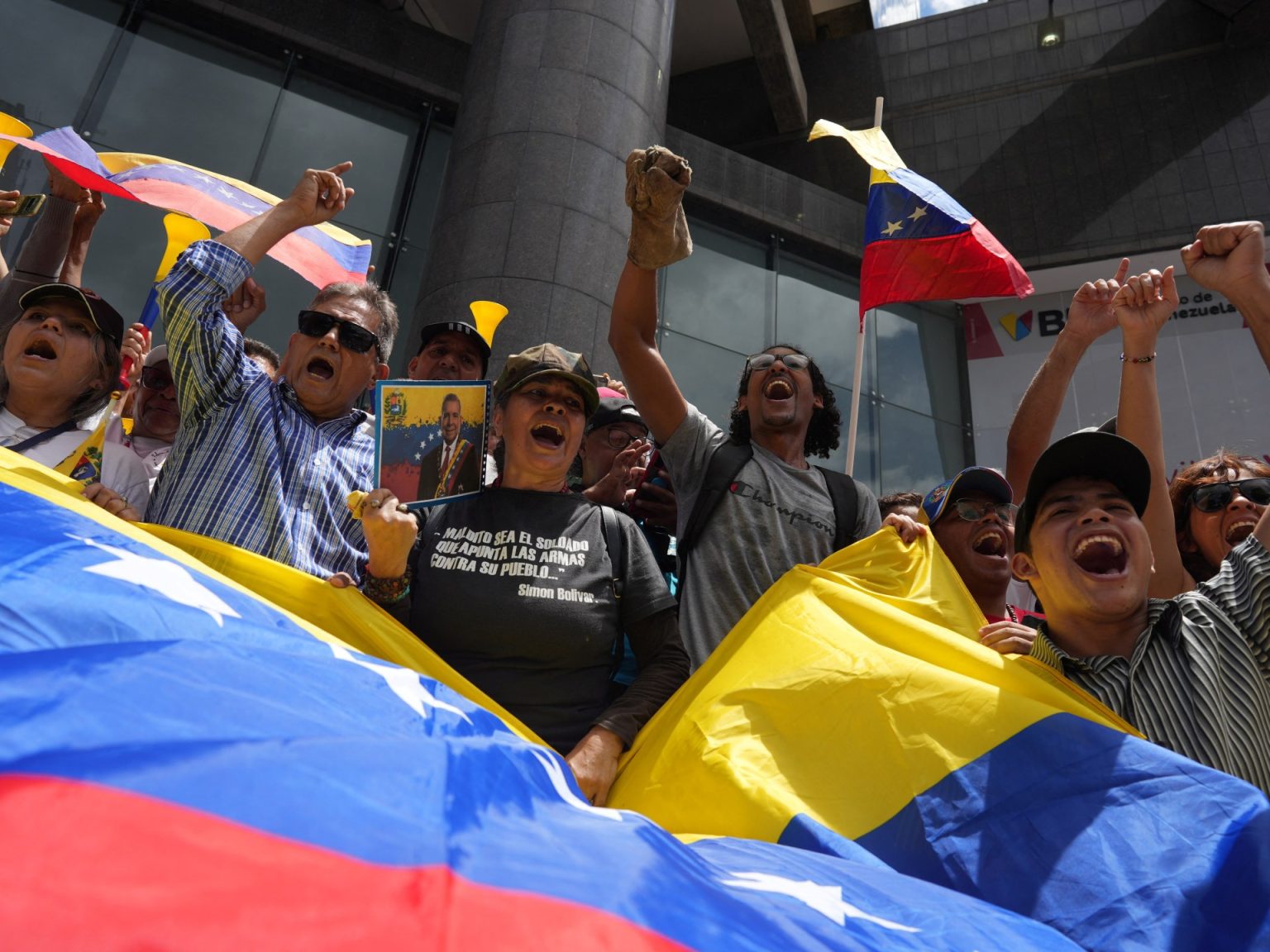Venezuela’s political landscape remains fraught with tension following the contested July 2023 presidential election, which saw incumbent President Nicolas Maduro claim victory amidst allegations of fraud and a subsequent crackdown on the opposition. While the government has recently made gestures towards reconciliation by releasing a number of prisoners detained in the post-election unrest, concerns persist about the ongoing pressure faced by opposition figures and the lack of transparency surrounding the election results. This complex situation involves a delicate interplay of political maneuvering, human rights concerns, and international diplomatic efforts.
The release of 103 prisoners between Tuesday and Thursday, following an earlier release of 225 individuals under precautionary measures, signals a potential easing of the government’s hardline stance. These releases, ordered by President Maduro himself, were ostensibly part of a review of cases related to election-related violence and crimes. While this move could be interpreted as a step towards de-escalation and a response to international pressure, it is crucial to consider it within the broader context of the government’s actions. The continued detention of opposition figures, coupled with restrictions placed on those released under precautionary measures – requiring them to appear in court monthly – suggests that the government is maintaining a degree of control and surveillance over dissent.
Despite these releases, the Maduro government has steadfastly refused to address the core issue fueling the opposition’s discontent: the lack of transparency and verifiable data supporting his electoral victory. The opposition, along with international observers, has raised serious concerns about the refusal of officials in key areas to release paper voting tallies, a standard practice in Venezuelan elections. This lack of transparency, coupled with pre-election polls showing Maduro trailing opposition leader Edmundo Gonzalez, has fueled accusations of electoral manipulation and cast a shadow over the legitimacy of the election outcome.
The government’s response to post-election protests further complicates the situation. The crackdown, which resulted in numerous deaths, injuries, and arrests, has been widely condemned by human rights organizations. The opposition, already facing challenges such as candidate disqualifications before the election, continues to experience pressure and harassment. The detention of regional leaders of the Vente Venezuela party, coupled with the exile of Edmundo Gonzalez to Spain, highlights the ongoing risks faced by those who challenge the Maduro government. These actions create a chilling effect on political dissent and raise concerns about the shrinking space for democratic participation in Venezuela.
The situation is further exacerbated by the government’s alleged harassment of opposition figures seeking refuge in the Argentine embassy in Caracas. International law designates embassies as inviolable spaces, yet the Argentine government has accused Venezuelan authorities of denying safe passage to those seeking asylum and subjecting them to various forms of harassment, including utility disruptions and the constant presence of security forces. This disregard for diplomatic norms raises serious concerns about the Venezuelan government’s commitment to international law and its willingness to engage in constructive dialogue to resolve the political crisis.
The ongoing situation in Venezuela presents a complex challenge for the international community. Balancing the need to respect national sovereignty with the imperative to protect human rights and promote democratic principles requires a nuanced and multifaceted approach. While the release of some prisoners is a positive step, it is crucial to ensure that it is not merely a cosmetic gesture. The international community must continue to press the Maduro government to address the underlying issues driving the political crisis, including the lack of transparency surrounding the election, the ongoing harassment of the opposition, and the disregard for diplomatic norms. Continued dialogue, coupled with targeted sanctions and diplomatic pressure, may be necessary to encourage a genuine path towards reconciliation and democratic progress in Venezuela. The situation remains fluid and requires ongoing monitoring and engagement to prevent further escalation and protect the rights of all Venezuelans.

